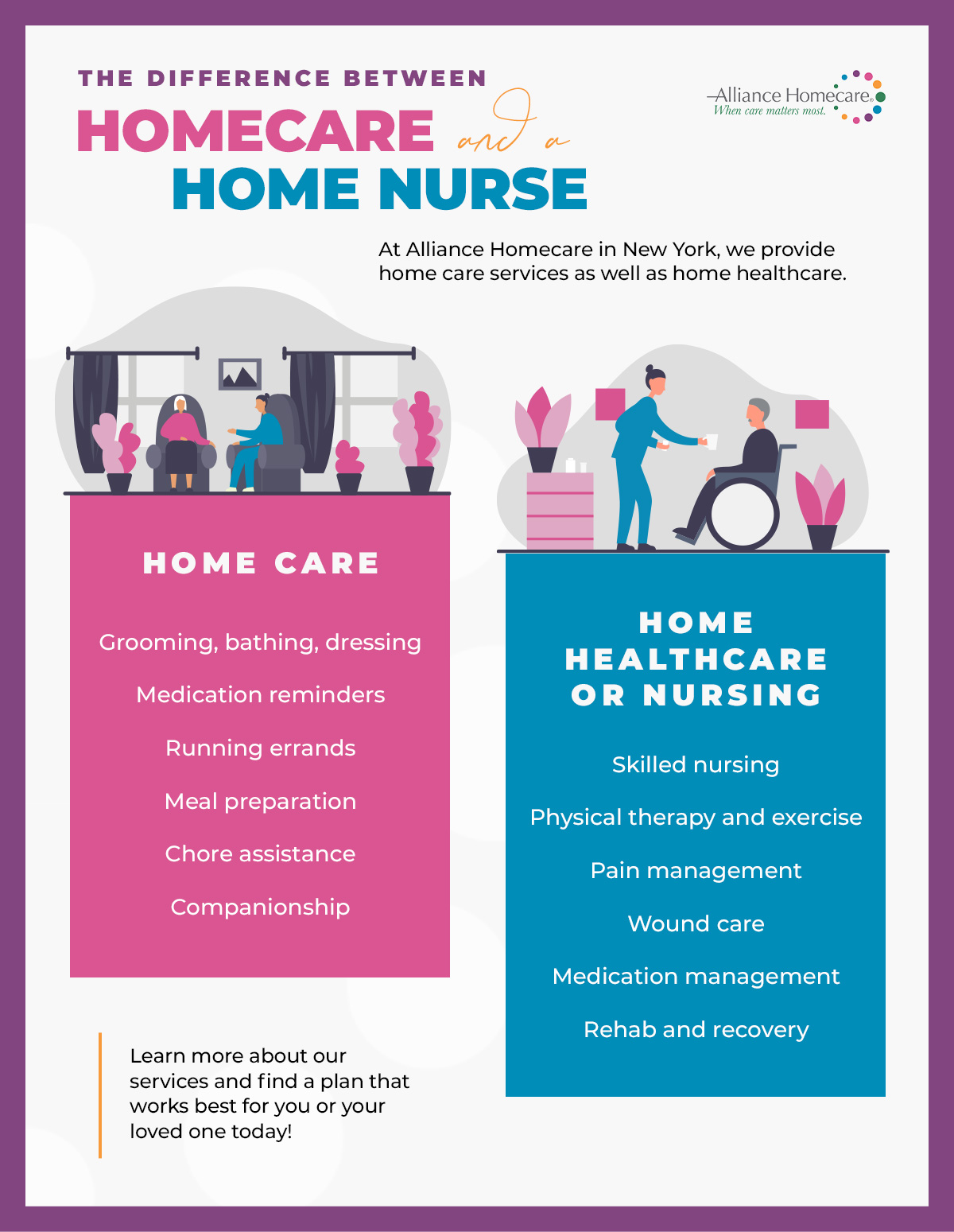Comprehensive guide to working with home care providers under the NDIS
All Regarding Home Care Providers for Individuals With Disabilities: NDIS Registered Assistance
Home treatment solutions under the NDIS play a crucial duty in supporting individuals with handicaps. These solutions are developed to enhance day-to-day living through customized aid, ranging from individual care to wheelchair support. Comprehending just how to navigate these choices can be intricate. This summary discovers the various elements of NDIS home care, from readily available solutions to the selection of service providers, highlighting crucial considerations for those seeking assistance. The trip toward empowered care begins right here.
Recognizing the NDIS and Its Objective
The National Impairment Insurance Coverage System (NDIS) acts as a transformative framework developed to supply support and solutions for individuals with impairments. Developed to boost the quality of life and guarantee fair accessibility to essential resources, the NDIS empowers individuals by supplying customized strategies customized to their one-of-a-kind needs. It aims to foster independence, allowing individuals to pursue their personal objectives and aspirations.Through an organized approach, the NDIS allocates financing for numerous assistances, consisting of education and learning, employment support, and neighborhood involvement. This all-encompassing scheme not only concentrates on prompt treatment however likewise emphasizes long-term developing end results. By promoting choice and control, the NDIS encourages individuals to pick their favored provider, guaranteeing that treatment aligns with their worths and choices. Inevitably, the NDIS stands for a substantial dedication to enhancing the lives of people with handicaps, cultivating inclusivity, and developing a more encouraging culture.
Kinds Of Home Treatment Solutions Available
Various kinds of home care solutions deal with individuals with handicaps, mostly concentrating on personal treatment assistance and break care choices. Personal care assistance supplies important assistance with everyday tasks, while break treatment offers momentary relief for key caregivers. Recognizing these services is essential for making sure the well-being of both people with disabilities and their families.
Personal Treatment Support
While maneuvering every day life can provide obstacles for people with specials needs, personal treatment assistance uses important assistance customized to their distinct demands. This type of home care solution incorporates a variety of tasks made to promote self-reliance and boost lifestyle. Individual treatment aides aid with everyday tasks such as showering, clothing, brushing, and toileting, guaranteeing people keep individual health and convenience. They may likewise assist with dish preparation, medicine monitoring, and mobility support. By offering customized treatment, these experts encourage people to involve more totally in their social activities and day-to-day routines. On the whole, personal treatment aid plays a significant role in fostering dignity and autonomy for those with impairments, enabling them to flourish in their home atmosphere.

Respite Treatment Options
Break treatment functions as a vital resource for families and caretakers of individuals with disabilities, giving short-lived remedy for the demands of daily caregiving. This sort of service can take various kinds, including at home reprieve care, where experienced experts go to the home to aid with treatment jobs. Conversely, households might choose facility-based respite treatment, where people receive treatment in a specialized setting, allowing caregivers to pause. Furthermore, some companies provide emergency situation break solutions for unexpected circumstances. These choices not just help relieve caregiver stress and anxiety however additionally promote the wellness of people with disabilities by using them brand-new experiences and social interaction. In general, respite care plays an essential role in supporting both caretakers and those they look after.

Exactly How to Gain Access To NDIS Home Treatment Providers
Accessing NDIS home treatment solutions entails comprehending the eligibility requirements stated by the National Special Needs Insurance Policy System. People need to navigate a structured application process to safeguard the required assistance tailored to their requirements. This area will clear up both the eligibility needs and the actions associated with obtaining services.
Eligibility Criteria Discussed
To get NDIS home care services, people should fulfill certain eligibility standards that examine their needs and circumstances. Initially, applicants must be matured in between 7 and 65 years and have a substantial and long-term handicap that impacts their ability to do daily tasks. Furthermore, they have to be an Australian person, a permanent citizen, or hold a Protected Unique Category Visa. The NDIS needs proof of the disability, commonly through clinical analyses or reports. People should demonstrate that they call for support to take part in social and financial life. These criteria guarantee that services are guided in the direction of those that truly require assistance, promoting independence and enhanced top quality of life for people with disabilities.
Application Process Steps
Can I Pick My Own Support Employees Through NDIS?
The specific asked whether they could pick their own support employees under the NDIS framework. Usually, individuals have the flexibility to pick support employees, promoting personalized care that straightens with their certain needs and choices.
What Happens if My Demands Change After Obtaining Support?
If a person's needs modification after receiving support, they need to communicate these adjustments to their solution provider. Modifications can be made to the care plan, ensuring that the support continues to be reliable and relevant for their situations.

Exist Restricts on The Amount Of Hours of Care I Can Receive?
The private asked regarding prospective limitations on the variety of treatment hours got. Normally, such limitations might exist based upon certain plans or funding plans, highlighting the value of examining standards and contracts on a regular basis.
Can I Utilize NDIS Financing for Home Adjustments?
The concern of utilizing funding for home modifications occurs frequently. Generally, people might use NDIS financing for needed adjustments to their homes, making sure availability and security, contingent upon conference details qualification criteria and guidelines.
Just how Do I Manage Grievances About My Home Treatment Solutions?
To deal with issues concerning home treatment solutions, individuals need to initially document their concerns. They can connect directly with their solution company, seeking resolution, or intensify the issue to look these up pertinent oversight bodies if required. Home treatment services under the NDIS play a pivotal function in supporting people with disabilities. Numerous types of home treatment services cater to people with weblink impairments, largely focusing on individual care help and respite care alternatives. home care providers. Personal treatment assistance supplies essential assistance with day-to-day activities, while break treatment offers momentary alleviation for primary caretakers. Family members might opt for facility-based break care, where people get treatment in a specialized atmosphere, permitting caregivers to take a break. Exactly how can family members effectively handle the monetary facets of home care services for individuals with specials needs?